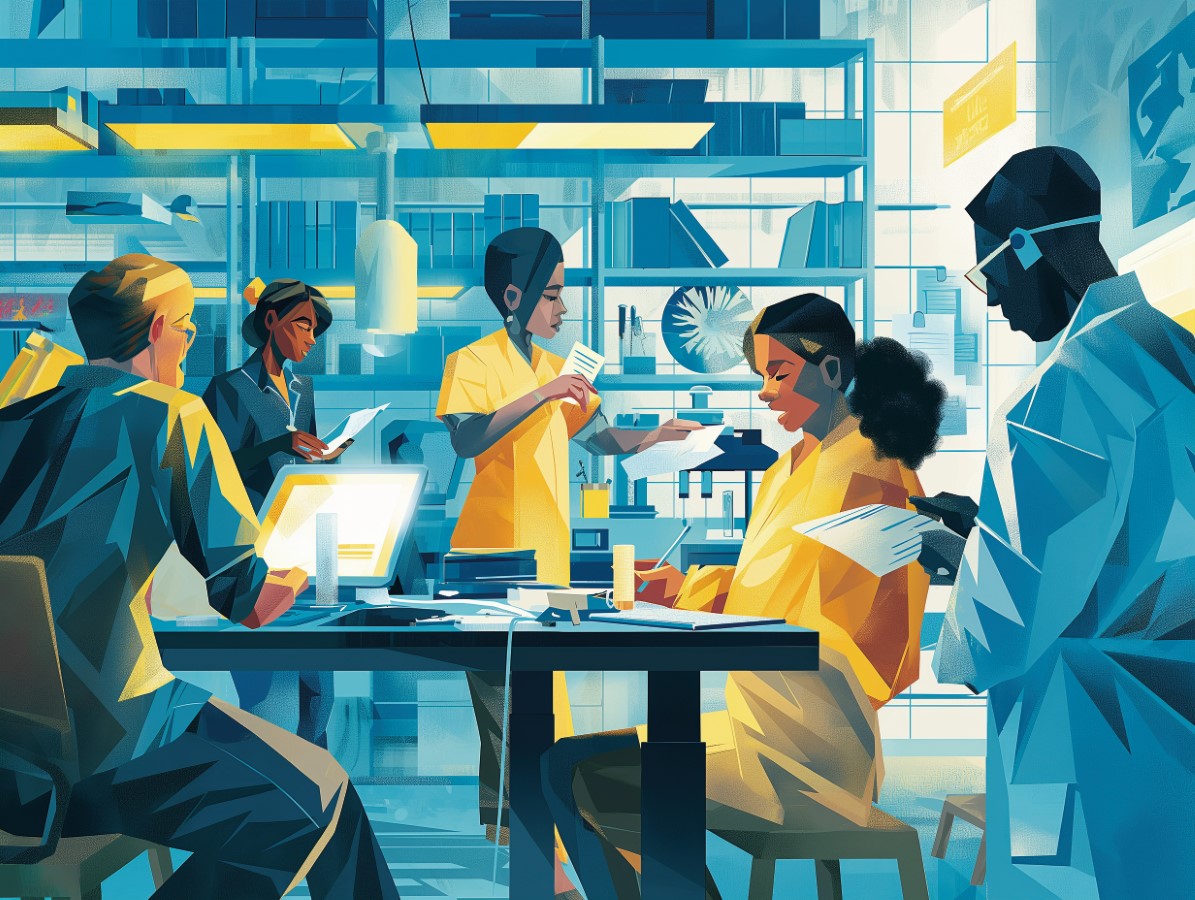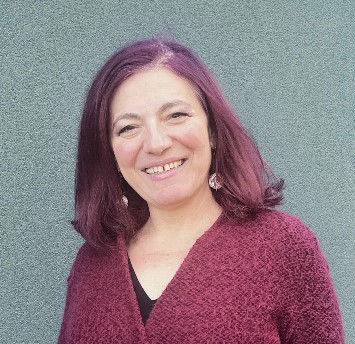Travelling back to 2014 - MCAA Magazine March 2024
Celebrating the first decade of our Association, we invited members from all five MCAA Boards to share their insights. Maria Antonietta Buccheri, from the inaugural MCAA Board, reflects on her experience within the MCAA and highlights the role the Association will play in the future in fostering a change in the research culture and in promoting the actions needed at the political level.
The perception of time is somehow subjective. Was 2014 just ten years ago, or is it another geological era? Both options may be true, but personally, I would opt for the second one.
Looking back at 2014, I can see a much younger me, firmly believing that improving the lives and careers of researchers is a responsibility none of us should evade. I also trusted that investing energy in creating and fostering an international alumni network would allow participants to share experiences and information, receive mutual help when necessary, exchange ideas, and set up possible collaborations. Besides, an alumni network provides a unique possibility to collect tangible feedback from the ground to participate in the improvement of the Marie Skłodowska-Curie Actions and have an informed say in the European science policy panorama.

The MCAA has its role in fostering a change in research culture.

In the years preceding 2014, I had the chance to experience the importance of being part of such a network and the rewarding feeling of contributing to building it. Indeed, I have been actively involved in the Marie Curie Fellows Association (MCFA) since 2006, an association established in 1996 under the auspices of the European Commission and later managed independently by MSCA Fellows. All the experience I had gathered in my eight years of engagement in the MCFA was useful for taking part in the first Board of the MCAA. Although the overall project behind the launch was clear, as the first managing Board, we had to design the path toward reaching the set goals. Even though the MCAA was meant to involve all alumni of the MSCA, while the MCFA was addressed to researchers only, the structure imagined for the MCAA was largely inspired by that of the MCFA, allowing me to fruitfully share with my new travel companions the know-how I had previously acquired.
The board was a composite of experiences, nationalities, cultures, scientific backgrounds, and career stages. The richness of such diversity made the first two years of the Association an intriguing journey, albeit a challenging one. Nevertheless, we always managed to foster the growth of the MCAA, also relying on the experience brought to the table by InovaMais, the innovation and R&D consulting company supporting the practical side of the Association’s first steps.

Where shall we be in the next ten years? That goes without saying: I’m still convinced that improving the lives of researchers is of paramount importance, and that each researcher should dedicate their two cents to the issue. In the last few years, different actors have called for a mentality change in research culture. As a result of the survey “What Researchers Think About the Culture They Work In”, the Wellcome Trust claims that researchers are concerned about the sustainability of current systems and the high personal cost placed on themselves. The survey conclusions read that“several commonly identified causes of poor research culture were related to funding priorities and career trends: risk-aversion and short-termism, funding criteria, increased competition, lack of job security, and lack of career flexibility”. Another major contribution came from the COST Action Project Researchers’ Mental Health (ReMO), a network of stakeholders from all levels of the research community addressing mental health and well-being within academia. As reported in their Researchers’ Mental Health Manifesto, manifestations of toxic work environments have a negative impact on the mental well-being of academics. Moreover, difficult working conditions, forced mobility, and unavailability of permanent contracts all have a major impact on the jobs of researchers.
The MCAA has its role in fostering a change in research culture and promoting the actions needed at the political level for this to happen. That is why I wish the MCAA will grow unceasingly, attracting people with different backgrounds and experiences, and continue to establish links with other associations and networks to actively participate in shaping the European science policy. Finally, I wish the present and future board members to fulfil their roles with the necessary enthusiasm to (successfully or fruitfully) lead the Association towards its 20th anniversary and beyond!
Maria-Antonietta Buccheri
CNR-IMM Sede secondaria
Catania